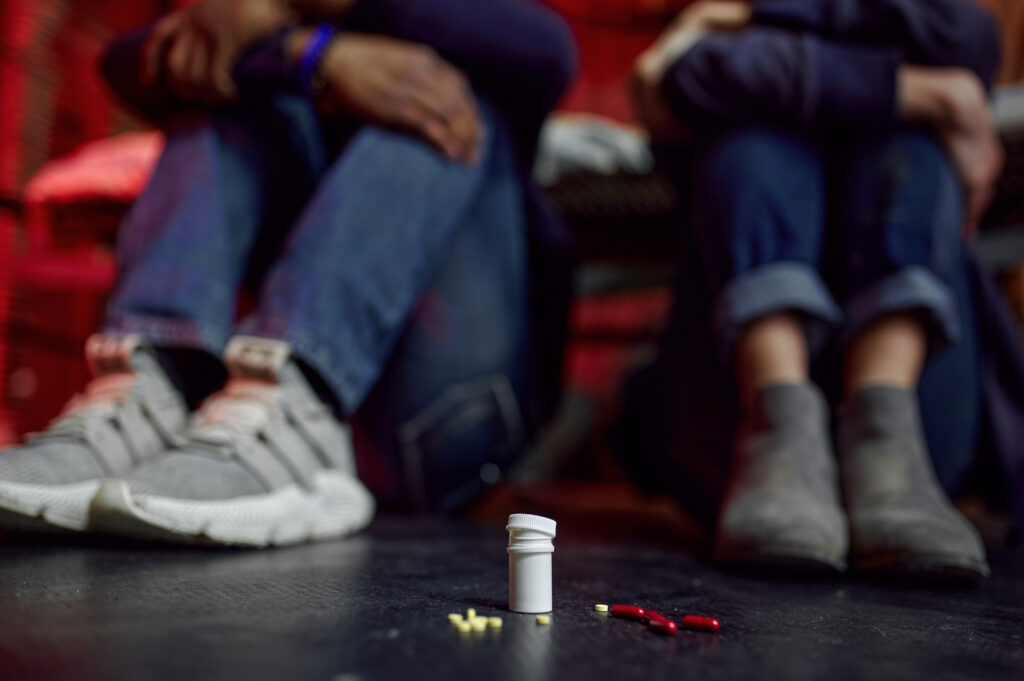Navigating recovery can be challenging, especially in the early stages. For many individuals new to sobriety, understanding and managing triggers is a critical part of staying on track. Intensive Outpatient Programs (IOP), such as those offered at Summit Helps in Princeton Junction, NJ, provide the tools and support needed to identify and cope with these challenges, setting the foundation for long-term success.
What Are Triggers in Recovery?
Triggers are emotional, psychological, or environmental cues that can lead to cravings for substances. They vary from person to person but often include:
- Emotional Triggers: Stress, anxiety, loneliness, or feelings of inadequacy.
- Environmental Triggers: Places, people, or situations associated with past substance use.
- Sensory Triggers: Specific smells, sounds, or sights that remind you of using.
Recognizing and managing these triggers is essential to avoid relapse, and this is where an IOP can make a significant impact.
How IOPs Help Address Triggers
- Structured Therapy:
IOPs provide structured therapy sessions several times a week, offering consistent support as you navigate early recovery. Therapists work with you to identify your specific triggers and develop personalized strategies to manage them effectively. - Evidence-Based Techniques:
At Summit Helps, we use therapies like Cognitive Behavioral Therapy (CBT) and Dialectical Behavior Therapy (DBT) to help clients recognize and change negative thought patterns that contribute to cravings. These tools are especially helpful in identifying emotional and psychological triggers. - Skill Building:
IOPs teach practical skills to handle triggers, including stress management, emotional regulation, and coping strategies. For example, mindfulness techniques can help you stay present and avoid being overwhelmed by cravings. - Group Support:
Group therapy sessions within IOPs create a supportive community of peers who understand the challenges of recovery. Sharing experiences and learning from others can provide valuable insights into managing triggers. - Flexibility:
Unlike residential programs, IOPs allow you to continue with daily responsibilities such as work, school, or family obligations. This balance helps you practice coping with triggers in real-life situations while still receiving professional support.
The Local Advantage of Summit Helps
Located in Princeton Junction, NJ, Summit Helps offers convenient access to IOPs for individuals in the area. Our programs are tailored to meet the unique needs of the local community, providing a safe and welcoming environment for recovery.
By participating in an IOP close to home, you can maintain connections with family and friends while building a new, supportive network. Local resources, such as alumni programs and ongoing outpatient care, ensure that help is always within reach.
Take Control of Your Recovery
Triggers are a natural part of the recovery process, but they don’t have to derail your progress. With the right tools and support from an IOP, you can learn to navigate these challenges confidently.
At Summit Helps in Princeton Junction, NJ, we’re here to help you succeed. Our Intensive Outpatient Program offers the structure, skills, and community you need to build a strong foundation for lasting recovery. Contact us today to learn more and take the next step in your journey.
